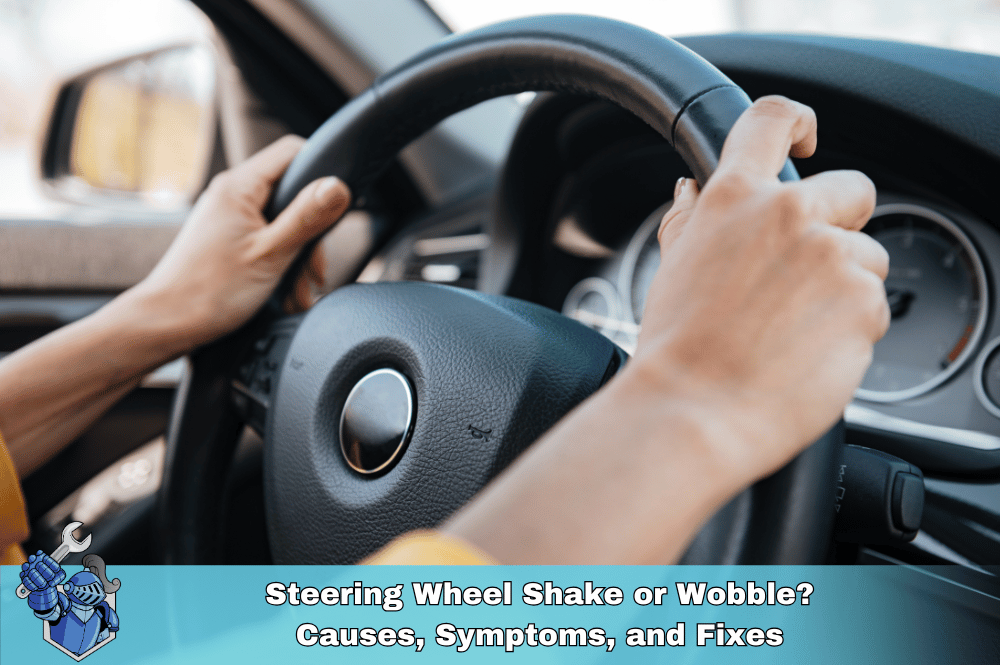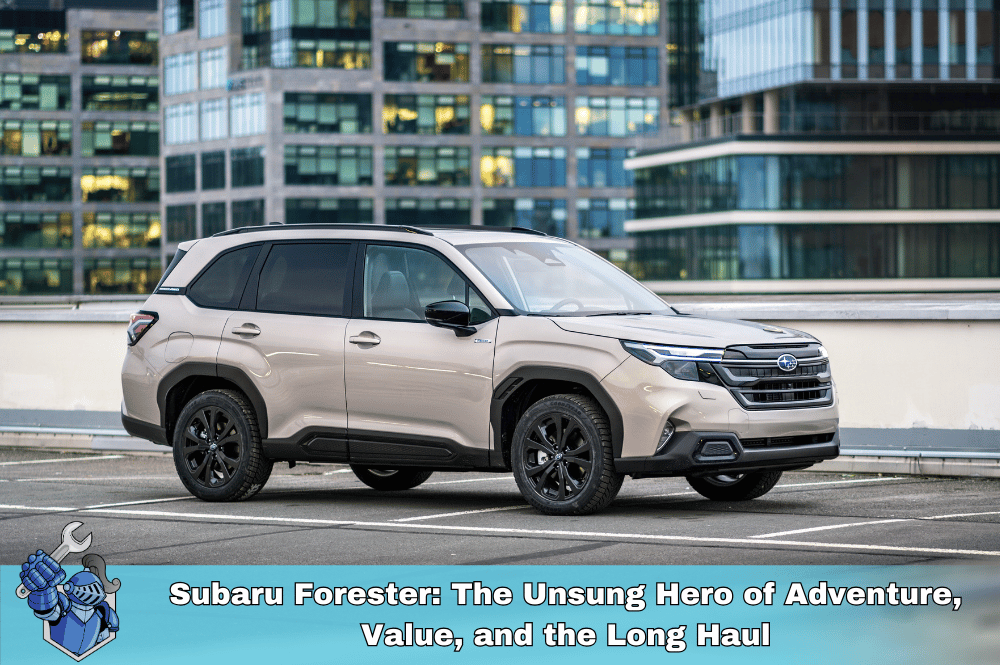Always drive at a speed that is reasonable and prudent for the existing conditions.
Safe driving is more than just following traffic laws—it’s about staying aware, being considerate, and protecting yourself and others on the road. Whether you're a new driver or a seasoned veteran, it's important to stay updated on the latest driving safety tips and rules of the road. This ultimate guide will walk you through the essential rules of the road, driving techniques, and common traffic laws, ensuring you’re equipped with the knowledge to navigate the streets safely.
Understanding the Rules of the Road
When it comes to safe driving, understanding and abiding by the rules of the road is non-negotiable. Not only are these rules designed to prevent accidents, but they also keep traffic moving smoothly and reduce road rage incidents. While specific traffic laws vary by state, there are universal rules every driver should follow.
Speed Limits
One of the most basic rules of the road is adhering to speed limits. Speeding is one of the leading causes of accidents, and sticking to posted limits is crucial for safety. Keep in mind that speed limits can vary depending on your location—whether you're driving through a school zone, residential area, or highway. In general, highways have higher speed limits, while city streets and school zones have lower limits. Always stay aware of your surroundings and adjust your speed accordingly.
Right of Way Rules
Understanding who has the right of way in different driving situations is essential for avoiding accidents. Right of way rules help determine who gets to proceed first in situations like intersections, crosswalks, and merges. In many situations, pedestrians have the right of way, especially at marked crosswalks and intersections. Additionally, at four-way stops, the first vehicle to stop should be the first to proceed. If two cars stop at the same time, the vehicle on the right has the right of way.
Road Signs and Signals
Road signs and signals are the visual language of the road, offering drivers essential information about what to expect ahead. Familiarize yourself with all road signs and their meanings, from regulatory signs (such as stop signs and yield signs) to warning signs (like curve ahead or roadwork signs). It’s also crucial to pay close attention to traffic lights and signals, as failure to obey them can result in severe accidents or traffic violations.
Defensive Driving: Your Key to Safety
One of the most effective ways to stay safe on the road is by practicing defensive driving. Defensive driving means being prepared for anything that might happen on the road—whether it’s a reckless driver, a sudden stop, or an unexpected obstacle. By driving defensively, you can prevent accidents and protect yourself from others’ mistakes.
Keep a Safe Following Distance
One of the key defensive driving techniques is maintaining a safe distance from the vehicle in front of you. A good rule of thumb is the “three-second rule”—this means that there should be a three-second gap between your vehicle and the car ahead. This gap gives you enough time to react to sudden stops or emergencies. If driving conditions are poor due to weather or road conditions, you may need to increase this distance.
Stay Aware of Your Surroundings
Always be aware of what’s happening around you, from the vehicles in front to those behind and beside you. Check your mirrors frequently and be on the lookout for potential hazards such as pedestrians, cyclists, and road debris. Never assume that other drivers will follow traffic rules—expect the unexpected and stay prepared to react.
Avoid Distractions
Distracted driving is one of the most dangerous behaviors on the road. Whether it’s texting, adjusting the radio, or eating, distractions take your focus away from driving and increase the risk of an accident. In fact, according to the National Highway Traffic Safety Administration (NHTSA), distracted driving claimed over 3,000 lives in the United States in 2020. To stay safe, avoid distractions at all costs and focus solely on the task of driving.
New Driver Tips and Driving Etiquette
Driving can be intimidating for new drivers, but by following the rules of the road and practicing good driving etiquette, you can stay safe and confident behind the wheel.
Be Mindful of Other Drivers
Good driving etiquette means being courteous and aware of other drivers. This includes letting faster vehicles pass, using your turn signals, and being patient in traffic. Additionally, never engage in aggressive driving behaviors such as tailgating, honking excessively, or cutting off other drivers—these behaviors can lead to road rage and accidents.
Master the Basics
For new drivers, mastering basic driving techniques is key to building confidence on the road. This includes understanding how to parallel park, making proper lane changes, and learning how to merge onto highways safely. Additionally, familiarize yourself with your state's driving laws to ensure you're following the correct rules and regulations.
Senior Driver Safety
As we age, our driving skills may naturally diminish. However, senior drivers can continue to stay safe by adapting their driving habits to their changing abilities. This might include driving during daylight hours, avoiding busy highways, and ensuring that their vision and reaction times are regularly checked by a healthcare provider. By staying aware of physical limitations, senior drivers can maintain their independence while staying safe on the road.
Common Driving Mistakes to Avoid
Even experienced drivers make mistakes that can lead to accidents or traffic violations. Below are some of the most common driving mistakes and how to avoid them:
Speeding
Speeding not only increases the risk of an accident, but it also reduces your ability to react to unexpected obstacles. Always obey posted speed limits and adjust your speed based on road conditions.
Failing to Signal
Failing to use turn signals can cause confusion and accidents. Always signal your intentions well in advance of turning or changing lanes so that other drivers know what to expect.
Running Red Lights
Running red lights is a serious violation that can lead to catastrophic accidents. Always stop at red lights and give yourself plenty of time to brake.
Tailgating
Following another vehicle too closely (tailgating) is a dangerous habit that can lead to rear-end collisions. Maintain a safe following distance to give yourself time to react to sudden stops.
Ignoring Blind Spots
Every vehicle has blind spots—areas that are not visible in your mirrors. Always check your blind spots by turning your head before changing lanes or merging.
The Importance of Safe Driving: How Noble Quote Can Help
No matter how skilled or cautious you are as a driver, accidents can happen. When they do, having a reliable auto protection plan can make all the difference. Noble Quote offers comprehensive auto protection plans that can cover the cost of repairs, giving you peace of mind knowing that you’re protected from unexpected expenses. Whether it’s a minor fender-bender or a major accident, Noble Quote Warranty can help you stay covered.
By choosing NobleQuote Auto Protection, you’re not only protecting your vehicle but also ensuring that you have access to 24-hour roadside assistance, towing, rental car coverage, and more. Don’t let an unexpected repair catch you off guard—let NobleQuote Auto Protection be your safety net on the road.
For more information on safe driving, visit NobleQuote’s Learning Center, where you can find additional resources on auto protection, driving tips, and more.
Rules of the Road FAQs: Your Driving Questions Answered
What is the basic speed law?
What does a flashing yellow light mean?
Proceed with caution. Slow down and be prepared to yield to oncoming traffic or pedestrians.
When should I use my headlights?
Generally, from sunset to sunrise, and anytime visibility is reduced (e.g., rain, fog).
What is the proper way to merge onto a highway?
Use the acceleration lane to match the speed of traffic, signal, and merge smoothly into a gap.
What are the rules for using a roundabout?
Yield to traffic already in the roundabout, enter to the right, and signal your exit.
What is the three-second rule?
Maintain a safe following distance by staying at least three seconds behind the vehicle in front of you.
What should I do if I get pulled over by the police?
Pull over safely, stay calm, and provide your driver's license, registration, and proof of insurance when asked.
Is it legal to use my cell phone while driving?
Laws vary by state, but in many places, it's illegal to use a hand-held cell phone while driving. Hands-free devices may be permitted.
What are the penalties for drunk driving?
Penalties are severe and can include fines, jail time, license suspension, and increased insurance rates.
How can I improve my driving skills?
Take a defensive driving course, practice regularly, and be aware of your surroundings.
Suggestions for you
Read MoreLet’s work together
Every week we showcase three charitable organizations that our donations are sent to. Our clients are able to choose which of these three will receive their gift when they add coverage to their vehicle...

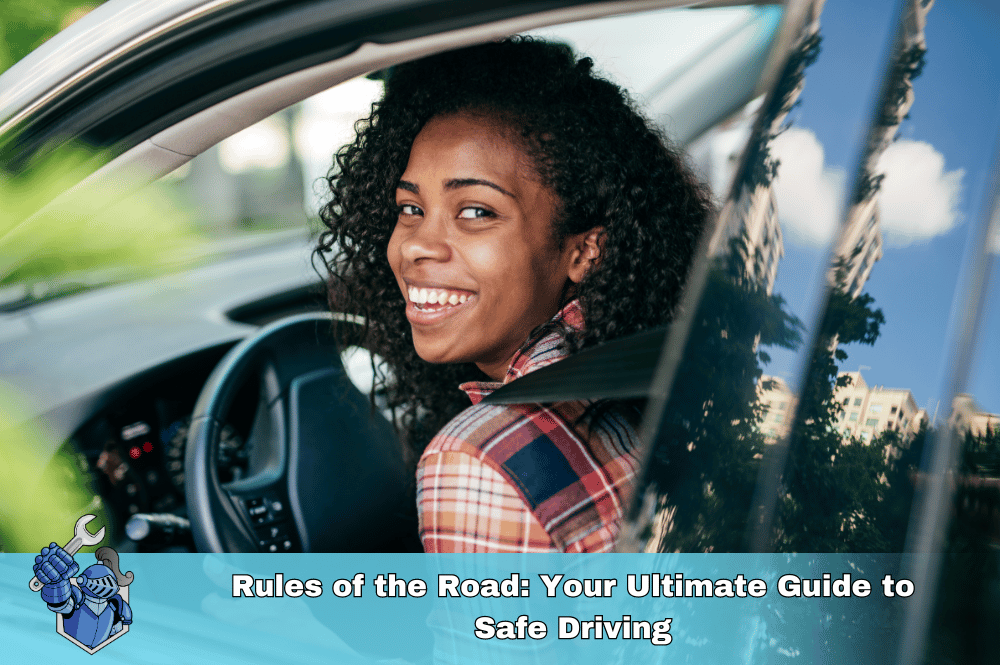
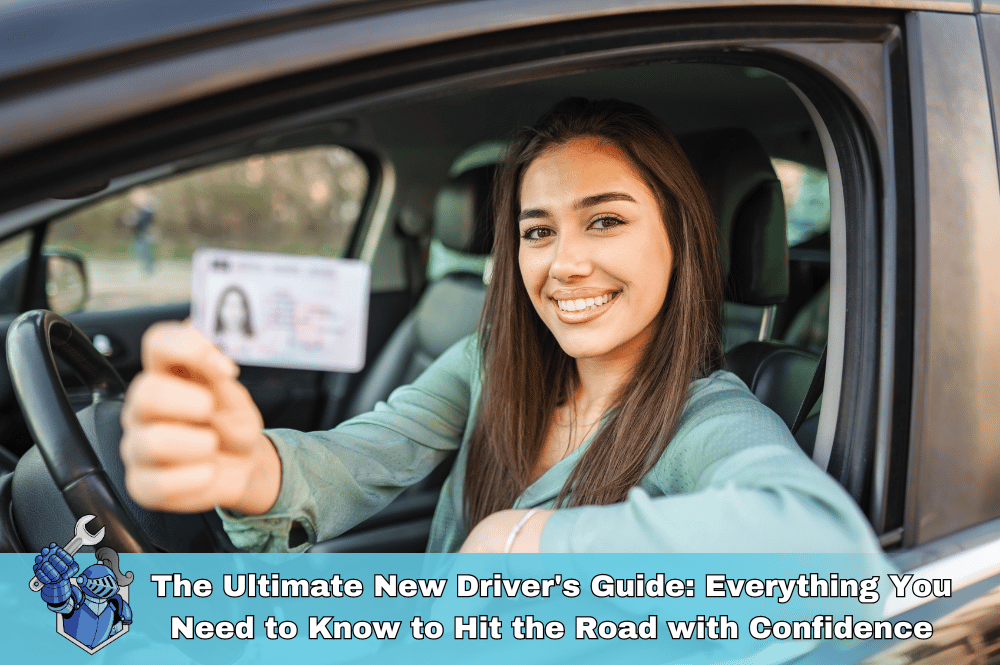 The Ultimate New Driver's Guide: Everything You Need to Know to Hit the Road with Confidence
The Ultimate New Driver's Guide: Everything You Need to Know to Hit the Road with Confidence Dealer vs. Local Mechanic: Where Should You Take Your Car for Repairs?
Dealer vs. Local Mechanic: Where Should You Take Your Car for Repairs? The DIY Mechanic's Arsenal: Essential Tools for Basic Car Repairs
The DIY Mechanic's Arsenal: Essential Tools for Basic Car Repairs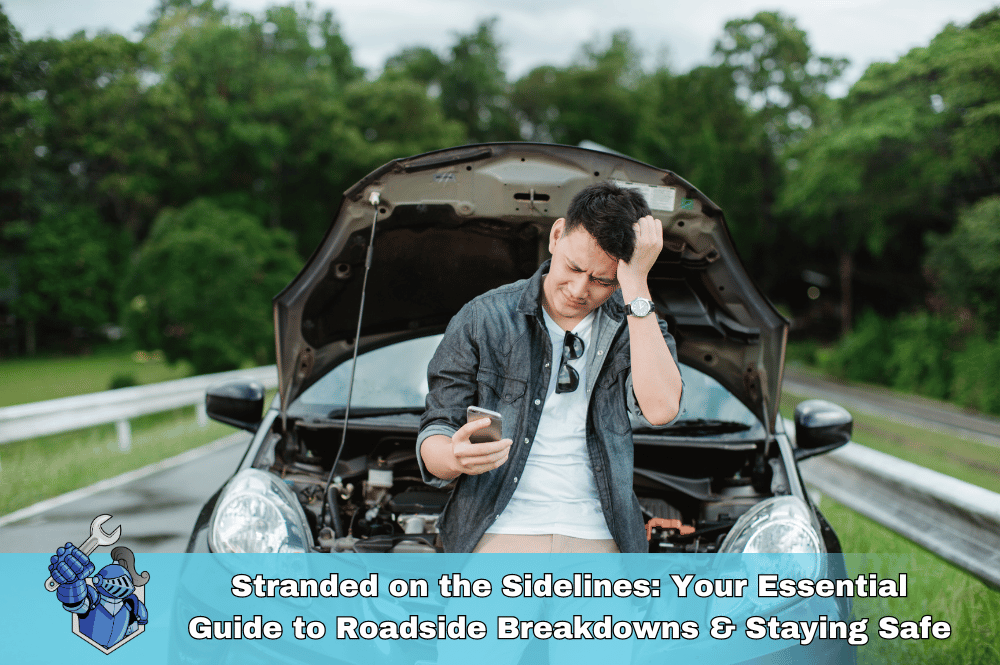 Stranded on the Sidelines: Your Essential Guide to Roadside Breakdowns & Staying Safe
Stranded on the Sidelines: Your Essential Guide to Roadside Breakdowns & Staying Safe How to Choose the Best First Car for Your Teen in 2024: A Parent's Guide
How to Choose the Best First Car for Your Teen in 2024: A Parent's Guide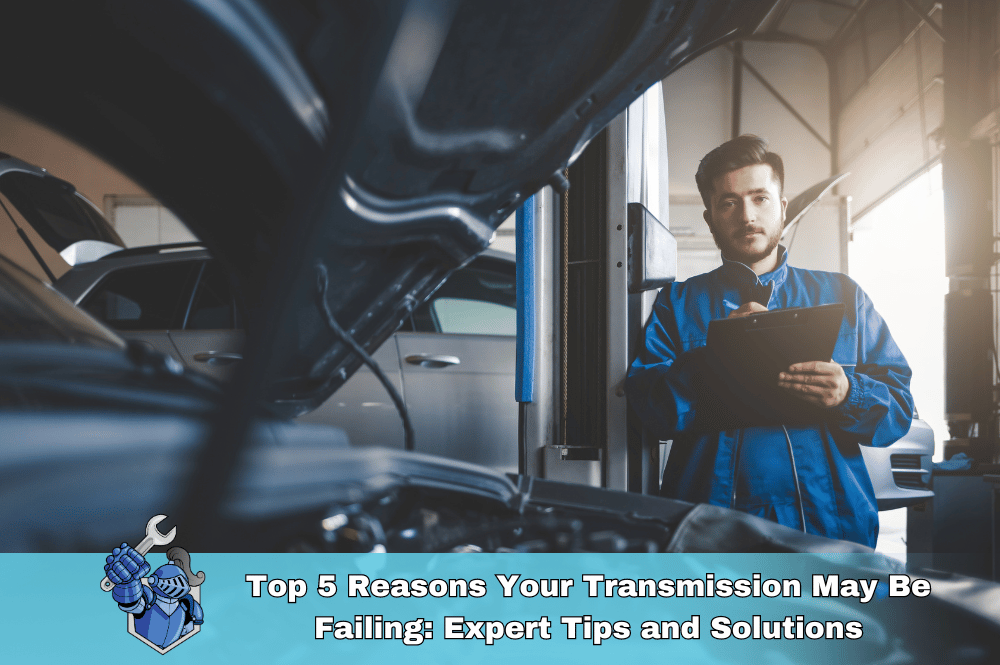 The Essential Guide to Car Maintenance: How to Keep Your Vehicle Running Smoothly
The Essential Guide to Car Maintenance: How to Keep Your Vehicle Running Smoothly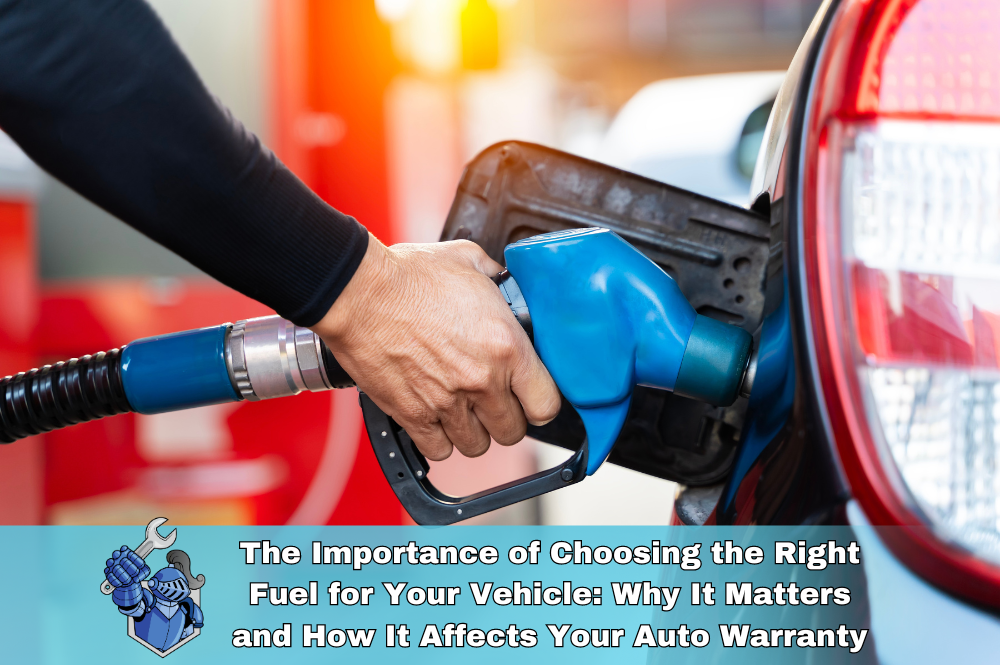 The Importance of Choosing the Right Fuel for Your Vehicle: Why It Matters and How It Affects Your Auto Warranty
The Importance of Choosing the Right Fuel for Your Vehicle: Why It Matters and How It Affects Your Auto Warranty Top 10 Used Cars Under $10,000 in 2024
Top 10 Used Cars Under $10,000 in 2024 Should You Buy an Extended Warranty from the Dealership or a Third Party like NobleQuote?
Should You Buy an Extended Warranty from the Dealership or a Third Party like NobleQuote? Top 5 Tips for Getting the Best Deal on a New Car
Top 5 Tips for Getting the Best Deal on a New Car Why Buying an Extended Warranty Is Better Than Getting Another New or Used Car
Why Buying an Extended Warranty Is Better Than Getting Another New or Used Car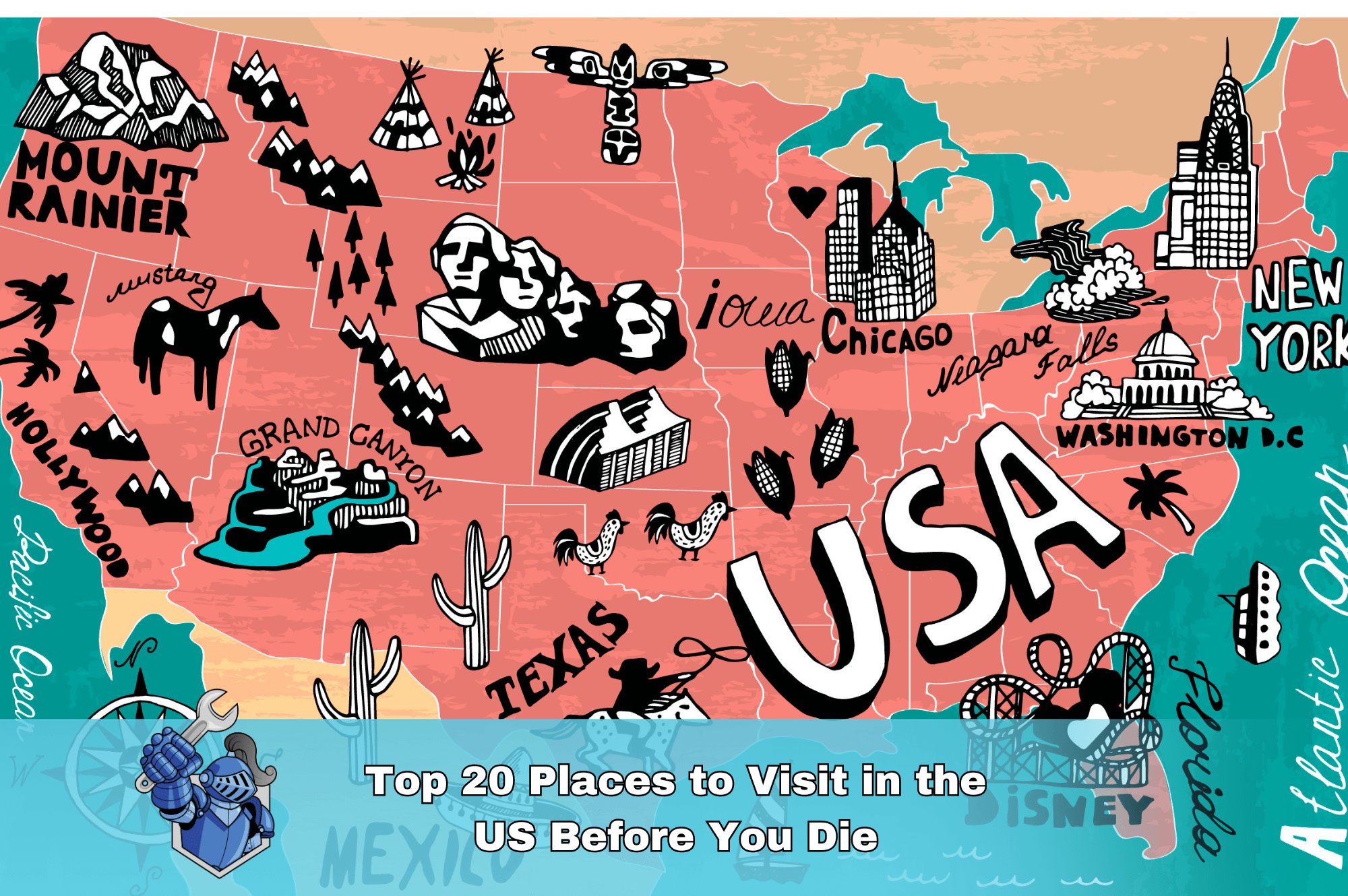 Top 20 Places to Visit in the US Before You Die
Top 20 Places to Visit in the US Before You Die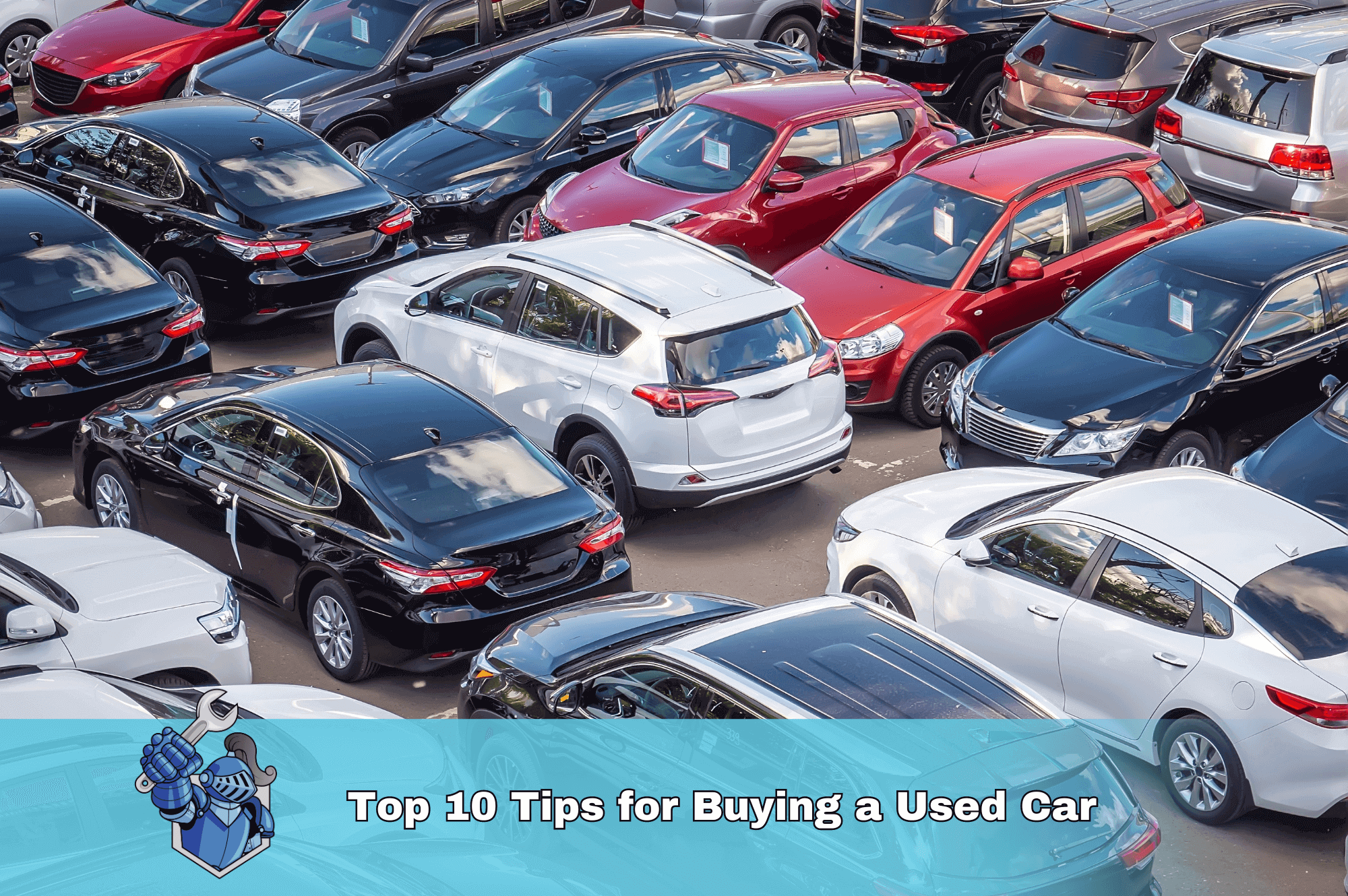 Top 10 Tips for Buying a Used Car
Top 10 Tips for Buying a Used Car